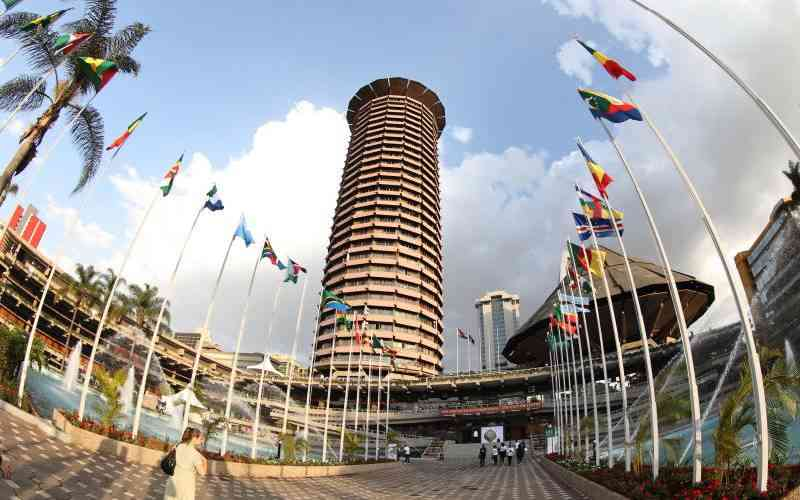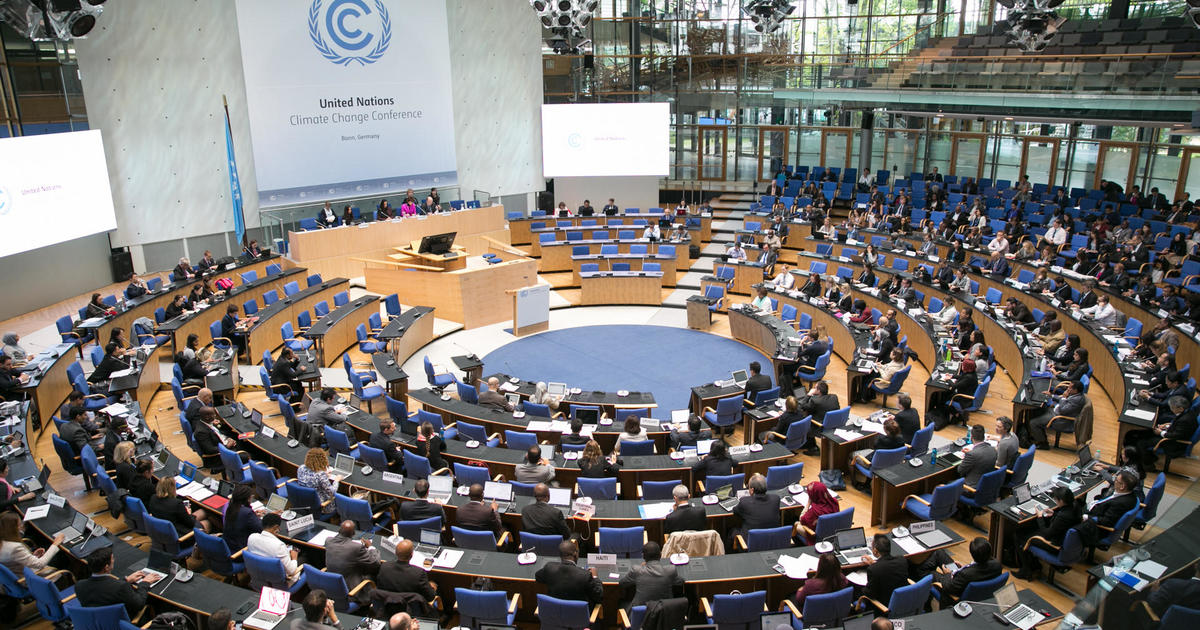BRIDGING THE GAP: THERE MUST BE INCLUSIVITY OF MARGINALIZED COMMUNITIES IN THE $23 BILLION PLEDGE FOR AFRICA’S CLIMATE ACTION PROGRAM
The recently concluded Africa Climate Summit held in Nairobi, Kenya, themed “Driving green growth and climate finance solutions for Africa and the World” garnered significant attention worldwide, with a staggering $23 billion pledge towards climate change mitigation and adaptation efforts across the continent. While this financial commitment undoubtedly marks a significant step forward in the global fight against climate change, the big questions remain: Will the funds actually be disbursed? When will they be disbursed? How will the funds trickle down to Kenya? Will the funds be distributed to the people who need them the most- the marginalized and vulnerable in society, like persons with albinism? If the marginalized were sidelined during the summit, what makes it apparent that they will be part of the climate finance implementation program? Who will ensure that nobody is left behind?

In as much as climate change has affected everyone in one way or another, the marginalized and vulnerable in society undoubtedly feel the heat the most. People With Albinism (PWAs) in particular, face unique challenges. First and foremost, the increased intensity of sunlight and higher temperatures due to climate change puts PWAs at an elevated risk of skin damage due to sunburn and in extreme cases, skin cancer, given their lack of melanin to counter the harsh UV radiation.
This also means the need for more protective clothing, sunscreen, and UV-protective eyewear, essential for their well-being. However, such protective gear is more often than not readily and massively available in many African countries and can be ridiculously expensive if and when accessible most especially for those already experiencing economic and financial hiccups. Our spot check from various counties in Kenya revealed that the economic incapacitation partly stems from reduced working hours to evade the scorching sun and majorly from exclusion from opportunities due to discrimination. Had this conversation been had during the summit, PWAs would be rest assured that they would be part of the beneficiaries of the pledge. For now, the waiting and hoping game begins.
Aside from the exclusion and discrimination factor, history has it that wealthy nations have a pattern of failing to keep their end of the bargain. A glaring example of this is the 2009 commitment made during the 15th Conference of Parties (COP15) of the United Nations Framework Convention on Climate Change (UNFCCC) in Copenhagen. Developed countries pledged to mobilize a collective sum of USD 100 billion per year by 2020 for climate action in developing countries.

To date, this commitment has never been fully brought to fruition. In fact, a report by the non-profit Climate Policy Initiative records that Africa has so far received only about 12% of the money it needs to cope with climate impacts. This looming history is what has left African leaders and climate activists calling for accountability from the world's richest nations.
The $23 billion pledged at the Africa Climate Summit, contributed by governments, investors, development banks, and philanthropists, signifies a renewed commitment to address the pressing climate challenges facing the African continent. Among these notable pledges, the United Arab Emirates pledged an impressive $4.5 billion to support clean energy initiatives across Africa, demonstrating their commitment to sustainable development. Germany also stepped up by announcing a commitment of 450 million euros (approximately $481 million) in climate finance. Not to be left behind, the United States pledged $30 million to bolster climate-resilient food security efforts on the continent. These pledges undoubtedly offer a glimmer of hope in the fight against climate change.
In the same tune, efforts to ensure that climate finance trickles down to the grassroot level and reaches the most marginalized must be a priority. Persons With Albinism (PWAs) must not be left behind, as climate change asymmetrically impacts them. Additionally, addressing the unique challenges faced by PWAs, such as the availability and affordability of protective clothing, is essential in the fight against the adverse effects of climate change on this vulnerable group. It is incumbent on both African leaders and the international community to hold wealthy nations accountable for their climate finance commitments to the African continent and to work towards an inclusive and equitable distribution of funds that truly leaves no one behind in the fight against climate change.